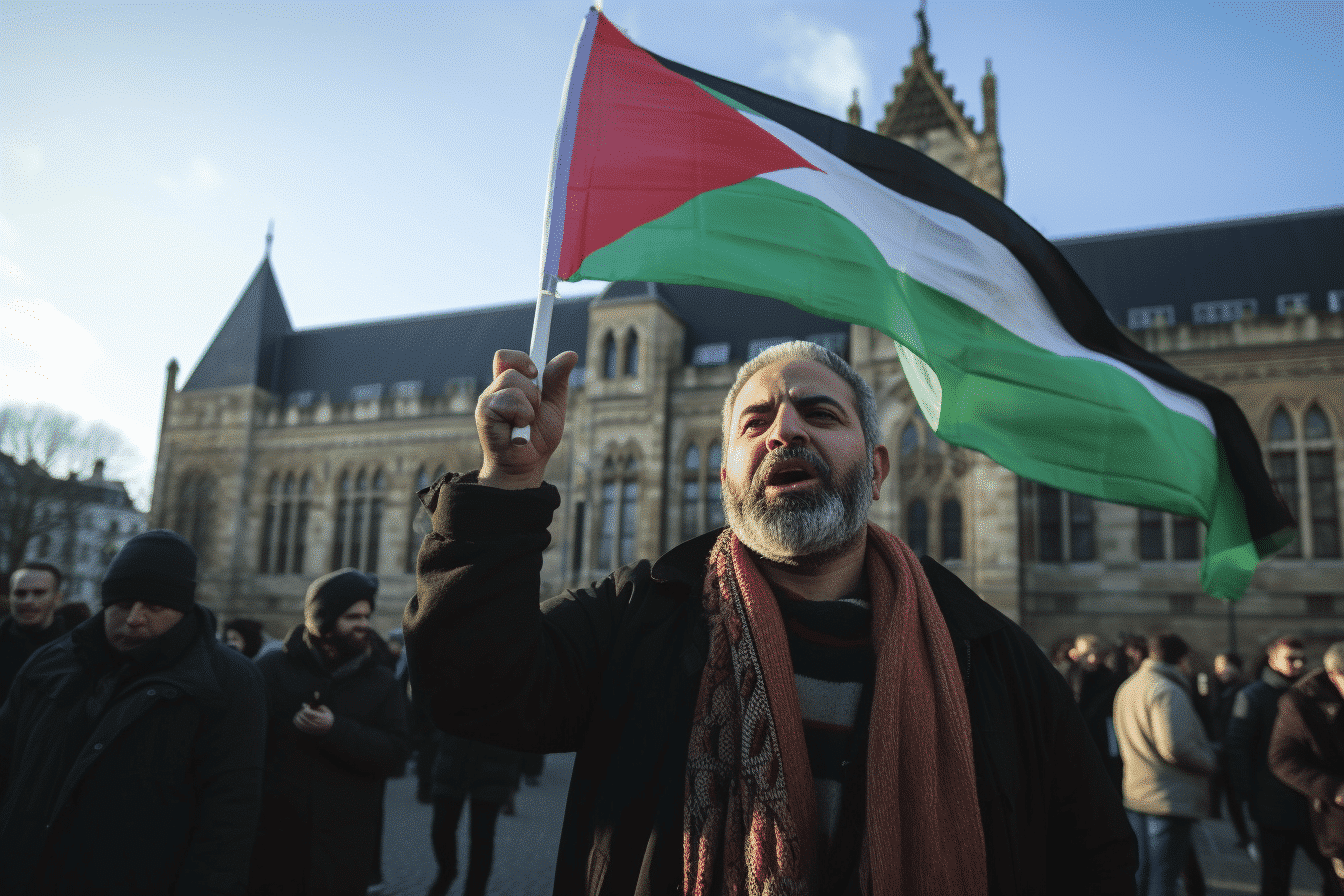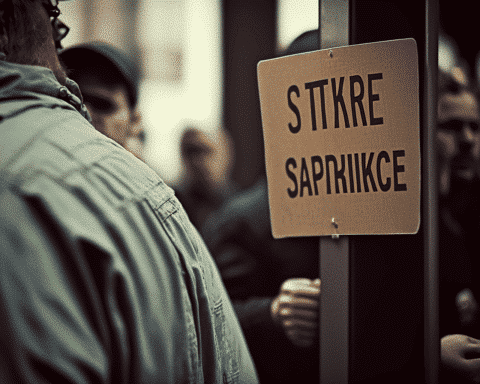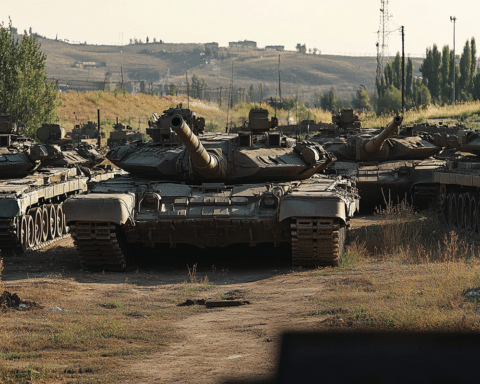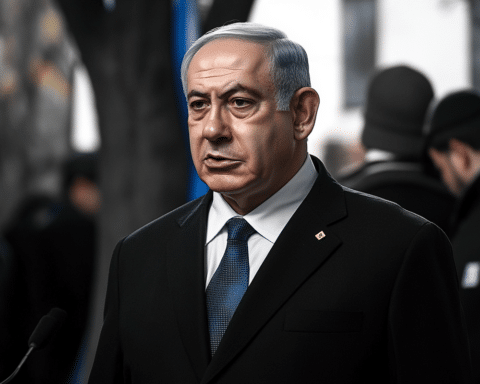The International Court of Justice, the United Nations’ top judicial body, has issued a significant ruling regarding Israel’s military offensive in Gaza. While the court stopped short of ordering a cease-fire, it has mandated several provisional measures aimed at protecting Palestinians and preventing genocide during the ongoing conflict.
South Africa, in a case that underscores one of the world’s most enduring conflicts, had alleged that Israel’s actions in Gaza amounted to genocide and urged the court to halt the operation. The court’s decision, though not a complete victory for South Africa, represents a notable rebuke of Israel’s wartime conduct and intensifies international pressure to end the offensive.
In a ruling delivered by a panel of 17 judges, the International Court of Justice has ordered Israel to take six provisional measures to safeguard the rights and well-being of Palestinians in Gaza. While the majority of the judges approved these measures, one Israeli judge supported two of the six measures.
These provisional measures, though not a cease-fire, include the following:
- Israel must do everything within its power to prevent genocide in Gaza, refraining from actions that could harm or kill Palestinians.
- Urgently provide essential aid to the people of Gaza, addressing their pressing humanitarian needs.
- Prevent and penalize any incitement to genocide.
- Submit a report detailing the measures taken within a month.
Despite the legally binding nature of these provisional measures, it remains uncertain whether Israel will comply with them. Following the court’s decision, Israeli Prime Minister Benjamin Netanyahu criticized the court’s willingness to discuss the genocide charges and vowed to continue the war, asserting Israel’s right to self-defense.
This ruling, however, is only an interim step, as it may take years for the court to fully examine the merits of the genocide accusation made by South Africa. Throughout this legal process, South Africa had urgently requested the imposition of these provisional measures, including the suspension of Israel’s military operations in Gaza and the prevention of genocide.
The case’s outcome has implications far beyond the courtroom. How the United States, Israel’s staunch ally, responds to the court’s order is of utmost importance. The U.S. holds veto power at the United Nations Security Council and could potentially block measures aimed at compelling Israel’s compliance.
The allegation of genocide against Israel carries significant sensitivity due to its connection to the country’s identity, established as a Jewish state following the Holocaust. Additionally, comparisons have arisen between Israel’s actions in Gaza and the West Bank and the apartheid era in South Africa, which came to an end in 1994, drawing upon South Africa’s historical context.
As the conflict in Gaza continues, the world watches closely to see how Israel and the international community respond to the provisional measures set forth by the International Court of Justice, while the broader issue of the genocide accusation awaits a full legal examination.




